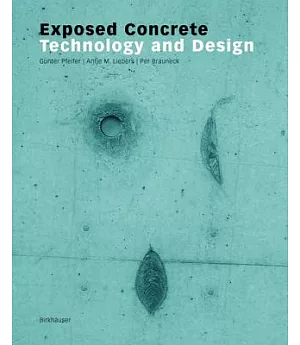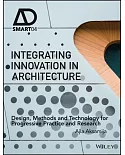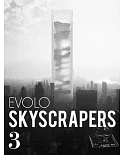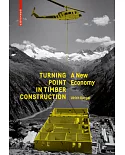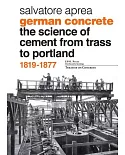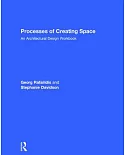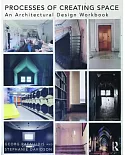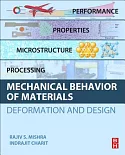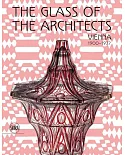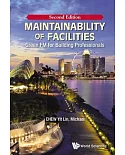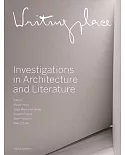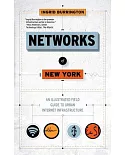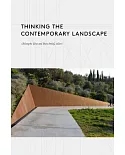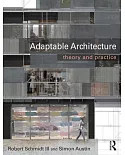Today exposed concrete is enjoying a renaissance as an important material in architecture. In addition to opening up new possibilities in construction it has led us to discover many different
forms of surface structure. The quality of the exposed surface depends on numerous factors and is difficult to achieve in practice merely by following a set of rules for creating exposed
concrete surfaces. For a discerning design it is not always a matter of simply providing a blemish-free surface. However, in every case, a high degree of precise skill and craftsmanship is
demanded from those involved.
Leaving a concrete surface visible from the inside or outside meets the need to lay the structure and quality of a building open to the view of the observer or user, thus creating a directly
comprehensible logicality of structure, form and surface.
Numerous examples of buildings by internationally active architects explain the complex design approaches and principles for the use of exposed concrete. The technical part of the book goes
into the materials, methods and working processes, gives an insight into the innovative technologies employed and advice on maintenance and the avoidance of defects. In a comprehensive way the
book describes the possibilities and requirements of surface texture with exposed concrete and moreover demonstrates the relationship between conceptional design and "thinking in concrete".

